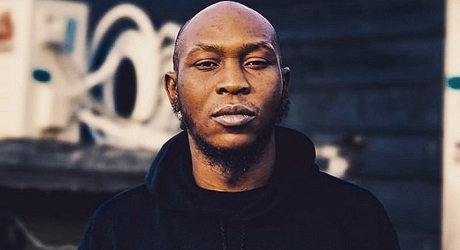In a recent episode of The Honest Bunch Podcast, Grammy-nominated afrobeat sensation, Seun Kuti, shared a thought-provoking perspective on the public’s perception of politicians, particularly in the case of President Bola Ahmed Tinubu. With a hint of nostalgia, Kuti delved into his own experiences growing up as the son of the legendary afrobeat pioneer, Fela Anikulapo-Kuti.
As Sean Kuti reminisced about his youth, he couldn’t help but recall the puzzling disdain that seemed to surround his father. Fela, known for his revolutionary music and outspoken activism, was often met with criticism and even hostility from certain quarters. Sean Kuti, in his introspective musings, shared how he couldn’t fathom why his father was so disliked by some, considering that, in his eyes, Fela was a “cool guy.”
His bewilderment led him to question the essence of this societal tendency to criticize leaders, a phenomenon that he believes transcends generations. Kuti opined that people’s perspectives on politicians often pivot drastically when they get a glimpse into their personal lives, suggesting that access to these figures changes the narrative.
With a touch of empathy, Sean Kuti proposed that the detractors of President Tinubu might be singing a different tune if they had the opportunity to interact with him on a personal level. He hinted at the possibility that many who currently “criticize” the president would, in fact, “love him” if they could bridge the gap between themselves and the political leader.

Drawing from his own experiences, Sean Kuti expressed an understanding of how wealth and privilege play a significant role in shaping public opinion. He highlighted the paradox of society’s tendency to vilify politicians while simultaneously extolling the virtues of their offspring, all because of financial affluence.
In a reflection that seemed to mirror his own journey as Fela’s son, Kuti pointed out that people tend to react differently when they discover someone’s lineage. He shared how, during his youth, he often felt like an outsider, wondering why his father was perceived so negatively by some. The mere mention of being “Fela’s son” would elicit various reactions, from curiosity to judgment.
In essence, Sean Kuti’s thought-provoking remarks on the ever-shifting dynamics of public opinion shed light on the complexities of human perception when it comes to political figures. His perspective serves as a reminder that access to individuals in power can transform the way we perceive them, and it prompts us to contemplate the multifaceted nature of our judgments in the realm of politics and privilege.








